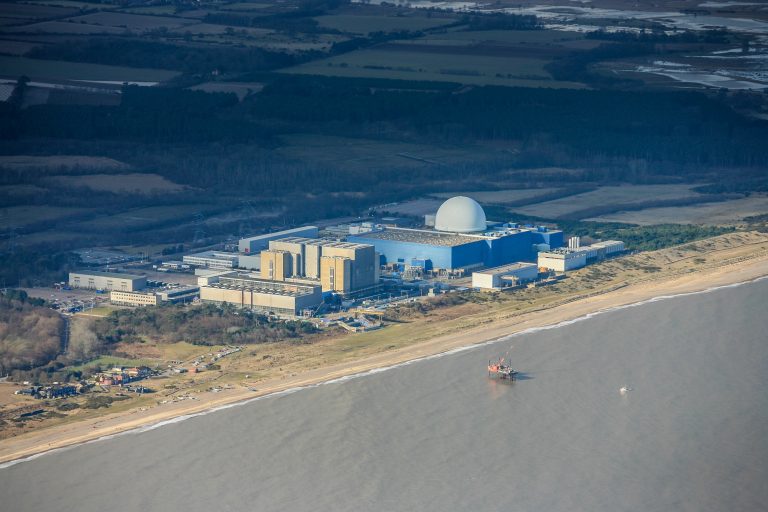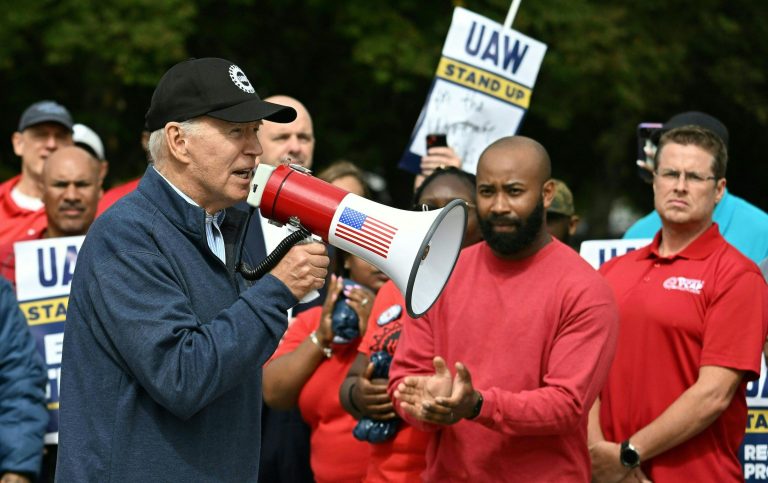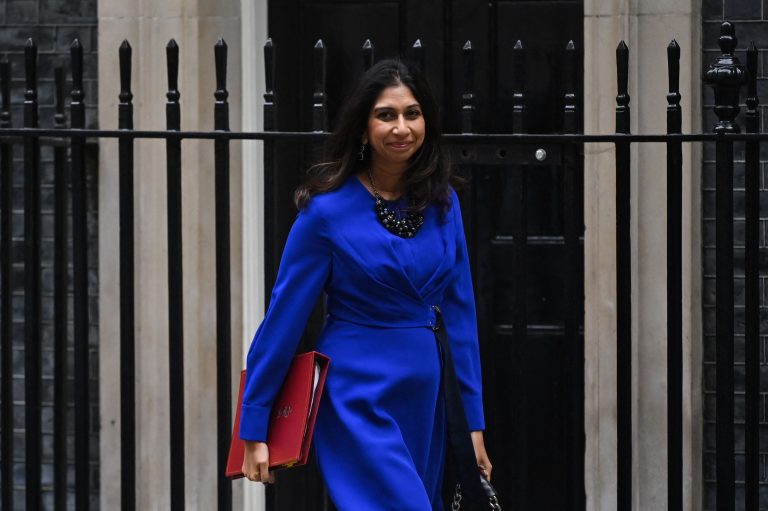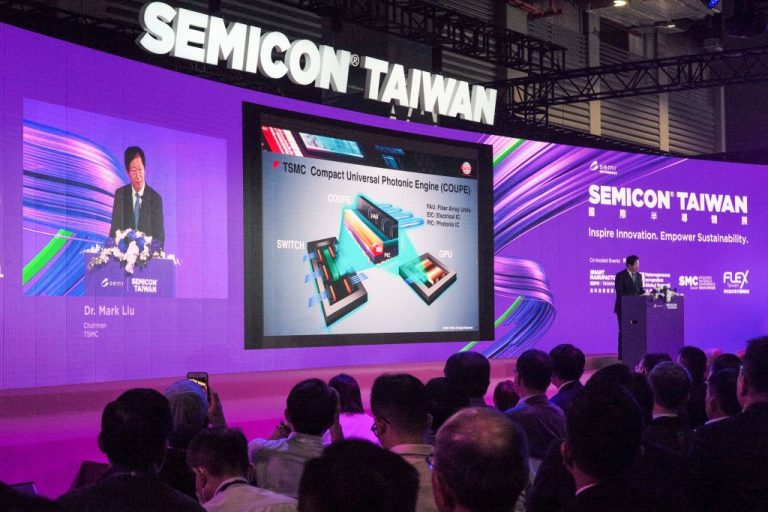Recent news reports have revealed that British government ministers are considering various financing options regarding the Sizewell-C Nuclear Power Plant project in Suffolk to counteract the progressive ownership of vital British infrastructure by Chinese government-run companies.
However, decisions have not yet been finalised, with discussions taking place on how to move forward with plans for EDF energy, Sizewell’s majority partner, to build the nuclear plant without the involvement of China General Nuclear (GCN) who owns a 20% stake in the project.
The move highlights the British government’s growing awareness of the need to become more self-sufficient amidst increasing national and sovereign security concerns. “The government needs to carry out an integrated strategic review of our dependency on China,” said Tory MP Iain Duncan Smith, adding, “nuclear is critical to our electric power, and we just can’t trust the Chinese.”
The report was initially published in the Financial Times and has been confirmed by sources at Whitehall, the Guardian reported. China General Nuclear also holds a 33% investment stake in the Somerset Hinkley Point-C nuclear power plant, currently under construction and defined as one of the most significant infrastructure projects in the country.
The Chinese government was hoping to use Hinkley Point and Sizewell as a catalyst to facilitate a Chinese built nuclear reactor at Bradwell-On-Sea in Essex. GCN submitted its reactor design to the UK’s nuclear authorities and hoped to install its own reactor technology. Government sources, however, have told the Financial Times that the plans by the Chinese to build the plant just 30 miles away from London on the coast of Bradwell are now a “non-starter.” “There isn’t a chance in hell that GCN builds Bradwell…given the approach to Huawei, (Downing Street) are not going to be letting a Chinese company build a nuclear power station.”
Success
You are now signed up for our newsletter
Success
Check your email to complete sign up
A source told the Guardian that “there are ways for EDF to attract other investors on board, by wiping their hands of the Chinese they could open up the opportunity for investment from the US for example, there are many ways to cook this pie.”
This September, the government has instructed Telecom providers to stop installing Huawei equipment in Britain’s 5g networks. In addition, Digital Secretary Oliver Dowden published a 5g ‘Supply Chain Diversification Strategy’ last year showcasing how the government will ensure that the UK is “never again dependent on a handful of telecoms vendors.”
The UK is currently in a similar position with regards to nuclear energy. The Guardian reports that “the UK had hoped to build at least six new nuclear power plants across the country, but three have been cancelled, leaving only the projects with Chinese involvement: Hinkley Point, Sizewell and Bradford.” In addition, the government’s nuclear ambitions took a setback after Japanese conglomerate Hitachi rejected a financial deal involving plans to build a £20 billion nuclear reactor at Wylfa in Wales.
The government are now under pressure to make swift decisions. The GMB trade union have said that if ministers are “considering alternatives to the involvement of a Chinese company” building the £20 billion Sizewell-C complex, “funding needs to be in place by this Autumn, or the whole scheme is at risk of collapsing.”
The East Anglia Daily Times cited GMB Officer Charlotte Childs, who said, “the government must step in with a credible alternative to GCN funding that creates a low risk and affordable model for third parties, taking a public stake in key projects that will create a clear path to net zero,” adding “if there is a change in policy then our members in construction will deliver a world-class project, but the government needs to end the uncertainty, back this essential infrastructure and start investing in our own manufacturing supply chains.”













